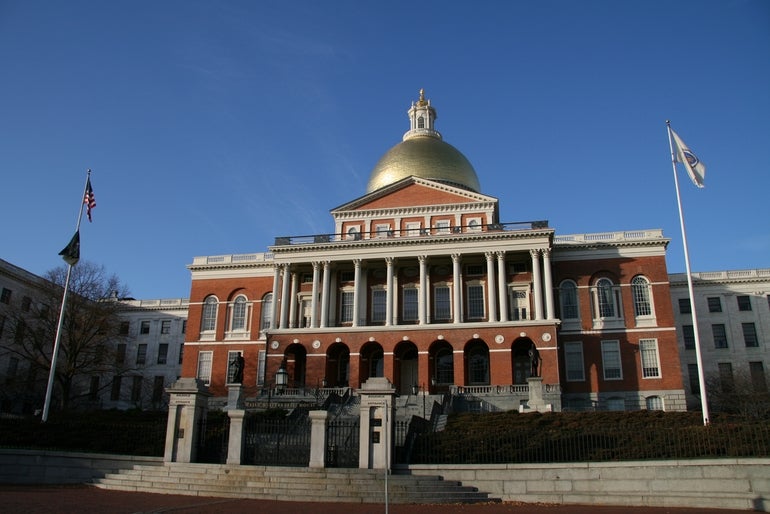An epidemiologist from northeast Africa, unable to practice medicine in America after eight years here, earns a living as a home health aide for developmentally disabled adults.
An ultrasound technician from Brazil cleans houses, a job where she has not been able to earn enough money to retrain and get certified to U.S. standards.
A Middle Eastern internist has spent tens of thousands of dollars on licensure exams and observerships over a decade but hasn’t been able to get a spot in a medical residency program, so now works in an administrative role in a state agency.
Those three people’s experiences were among the examples Dr. Robert Marlin, the director of Cambridge Health Alliance’s refugee health assessment program, cited to pitch a measure aimed at reducing barriers facing foreign-trained medical professionals.
“We simply can’t produce enough physicians to meet these needs, and our medical graduates, unfortunately, are eschewing primary care for other specialties — and I can’t blame them sometimes — but we’re trying to plug this hole with physician assistants and nurse practitioners, and it’s a Sisyphean effort,” Marlin said at a briefing on a bill that would create a commission to explore potential pathways for foreign clinicians living in the United States.
“We’re just not doing it,” he said. “All the while, we have scores of foreign-trained medical professionals right around us who would be thrilled to use their skills to care for the residents of Massachusetts.”
Sponsored by Sen. Jason Lewis of Winchester and Rep. Jack Lewis of Framingham, the legislation (S 1216, H 3248) is also intended to expand access to health care services, its sponsors said.
According to the Massachusetts Immigrant and Refugee Coalition, 20 percent of the state’s foreign-trained medical professionals are unable to practice, and such clinicians are more likely to work in underserved areas. About 500,000 people in Massachusetts lack sufficient access to primary care, dental care and mental health services, the coalition said.
Jeff Thielman, the president and CEO of the International Institute of New England refugee resettlement center, said one in seven Massachusetts residents are foreign born, a figure that nearly doubles to 28 percent in the city of Boston. He said immigrants often seek out doctors who speak their language and understand their background.
“One of the things you see in our line of work is that people physically relax, they get a lot calmer, especially when they’re in a stressful situation, when they’re speaking with someone who knows their language and their culture,” Thielman said. “Medicine is about many things, but…medicine is a lot about communication, it’s about a communication between a patient and a caregiver, about understanding one another.”
A wide-ranging health care reform bill the Senate passed in November included a section establishing the commission, a development Sen. Lewis called “really great news.” “But we want to continue to build awareness and education around this issue,” he said.
Possible avenues for the commission to explore include online licensing guidance, small scholarships to cover testing fees, and partnerships with universities and nonprofits that could provide coursework or exam prep, said Amy Grunder, MIRA’s director of legislative affairs.
An Iraq-educated urologist who translated for the U.S. Army, Laith Almatwari said he and other foreign-trained medical professionals who come to America can end up feeling like they’re floating between two countries and two careers.
Many are refugees and asylum seekers who would be unsafe returning to their home countries, he said, but face challenges that keep them from practicing medicine here — among them, difficulty obtaining spots in medical residency programs, required experience in the United States, and a licensing process that can be costly and time-consuming to navigate.
“I have a lot of friends who try to get across those barriers,” said Almatwari, who now works as an employment specialist at Jewish Vocational Services. “It’s really, really difficult for them, because even if they pass the exam, the United States medical licensing exam, still there’s barriers.”

